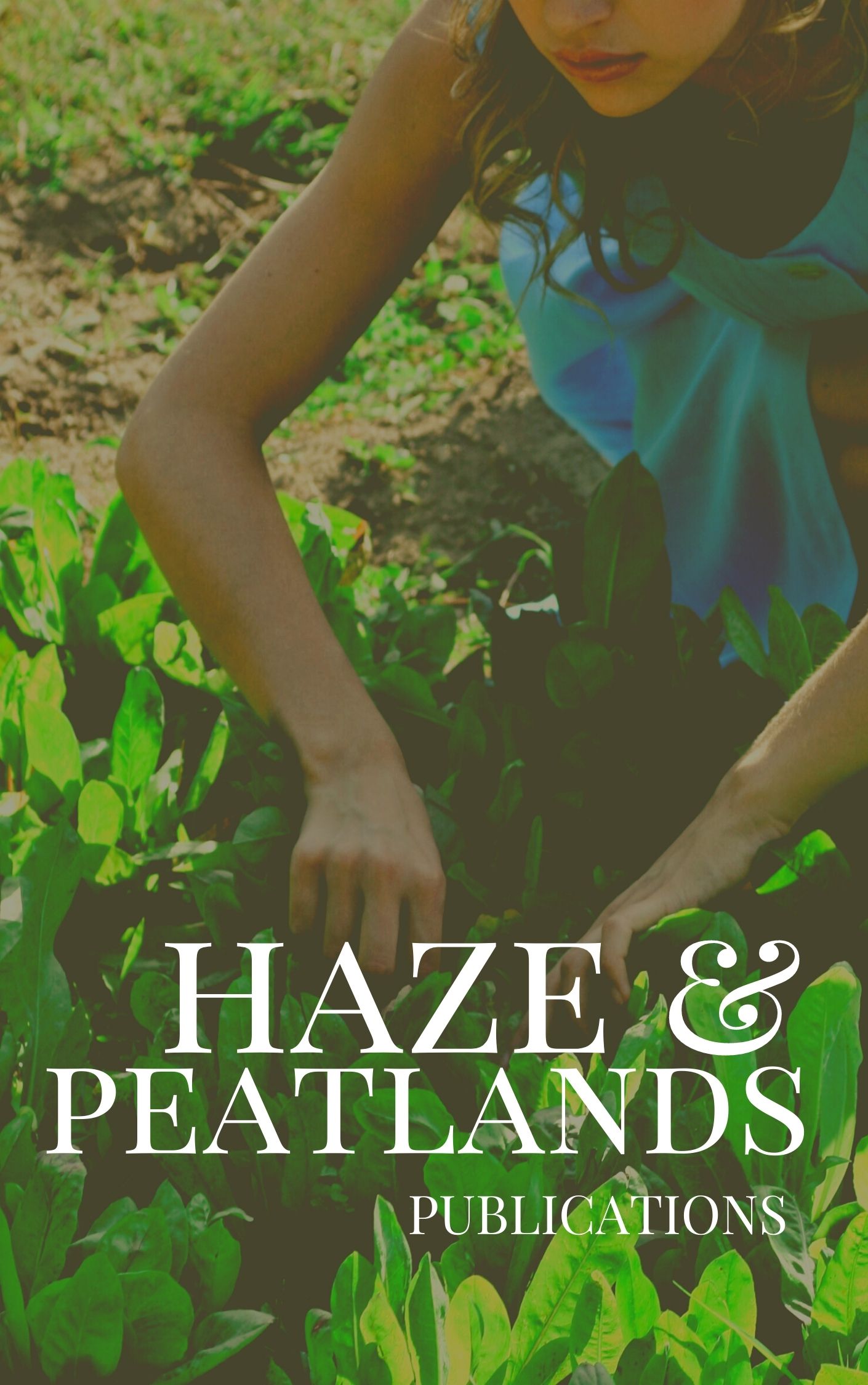The Indonesian government committed to restoring over 2 million ha of degraded peatland by the end of 2020, mainly to reduce peat fires and greenhouse gas emissions. Although it is unlikely the government will meet this target, restoration projects are still underway. One restoration strategy involves blocking peatland drainage canals, but the consequences of this for smallholder farmers whose livelihoods are dependent on agriculture are unclear. This paper investigates perceived impacts of canal blocks on smallholder farmers and identifies factors that affect their willingness to accept canal blocks on their land. We use data from 181 household questionnaires collected in 2018 across three villages in Jambi province, Sumatra. We found that the majority of respondents would accept canal blocks on their farms, perceiving that the blocks would have no impact on yields or farm access, and would decrease fire risk. Respondents who would not accept blocks on their farms were more likely to use canals to access their farms and perceive that canal blocks would decrease yields. The majority of farmers unwilling to accept canal blocks did not change their mind when provided with an option of a block that would allow boat travel. Our results improve understanding of why some smallholders may be unwilling to engage with peatland restoration. Further research is needed to understand the impact of canal blocks on smallholders’ yields. Engaging with stakeholders from the outset to understand farmers’ concerns, and perceptions is key if the government is to succeed in meeting its peatland restoration target and to ensure that the costs and benefits of restoration are evenly shared between local stakeholders and other actors. © 2020, The Author(s).
View source

